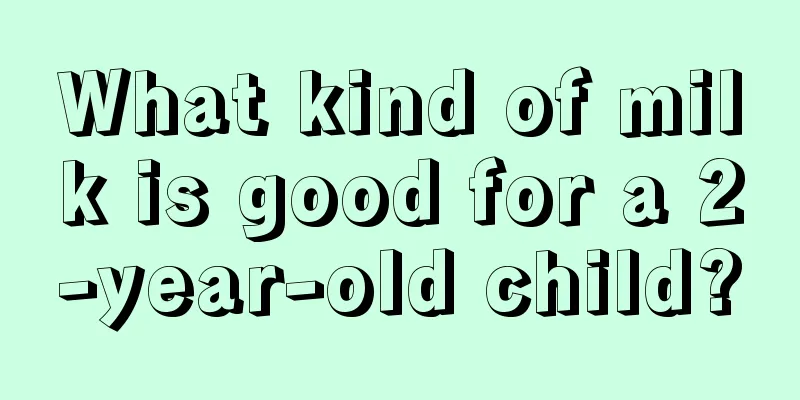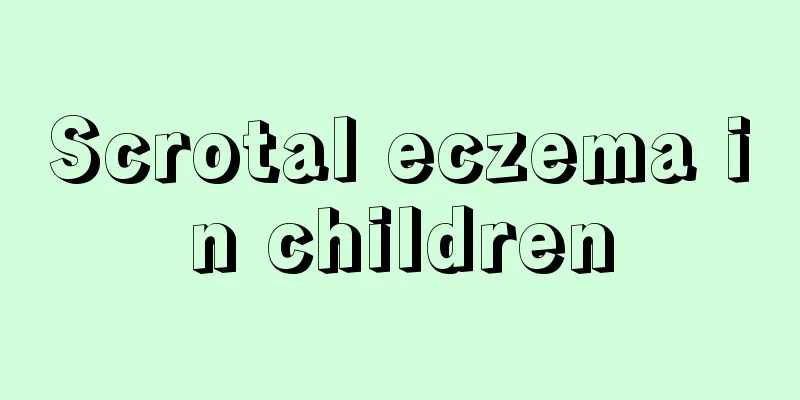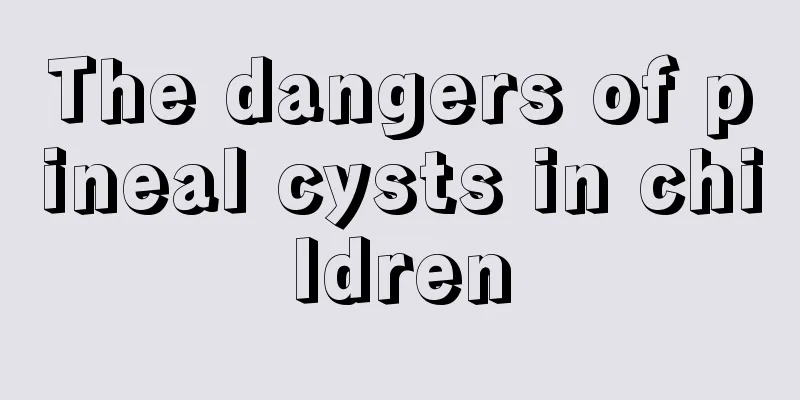Are febrile convulsions likely to produce sequelae?

|
Children's body resistance is relatively low, and they are prone to high fever due to heatstroke, cold or flu. High fever can cause convulsions and lead to sequelae, and may also cause various complications. High fever refers to a body temperature above 39 degrees, which usually causes intermittent convulsions. High fever convulsions are prone to sequelae, and severe cases may be accompanied by multiple complications. . 1. What is febrile convulsion in children? Febrile seizures in children, also known as febrile convulsions, are the most common type of seizure in children. According to statistics, about 3% to 4% of children have experienced febrile convulsions. The age of onset is mostly between 6 months and 5 years old. The incidence rate gradually decreases with age, and most cases disappear completely after the age of 5 without leaving any sequelae. 2. What body temperature can cause convulsions? The so-called high fever refers to a body temperature above 39 degrees. The body temperature during high fever convulsions is mostly above 39 degrees. However, a small number of children may also experience convulsions when the temperature is below 39 degrees. 3. What causes febrile convulsions? (1) High fever: It is the cause of convulsions. High fever is mostly caused by viral or bacterial infection. (2) Genetic factors: Clinically, it can be seen that there is an obvious family genetic tendency. (3) The brain is still developing and its functions are not perfect: Children have low brain coordination ability and high fever can cause brain dysfunction and convulsions. 4. Manifestations: Convulsions occur when the body temperature rises suddenly, with loss of consciousness, eyes staring, squinting, and rolling up, unresponsiveness to calls, and systemic symmetrical tonic-clonic spasms that last for seconds or minutes. 5. Will febrile convulsions leave any sequelae? In the vast majority of cases, febrile convulsions will not leave any sequelae and have no impact on intelligence, learning, or behavior. But a small number of children may develop epilepsy. |
<<: Babies always cry, have mothers ever thought about these reasons?
>>: Does ADHD have symptoms? What are the symptoms?
Recommend
At what age is it better for children to sleep alone?
Generally, babies sleep with their parents. Howev...
How to make steamed banana cake for baby?
In daily life, the food we feed our babies must b...
What are the recipes for 21-month-old babies?
A 21-month-old baby is almost two years old. Duri...
Treatment of facial abrasions in children
Many mothers do not want to face children's f...
Why does my baby always wake up when sleeping?
Many mothers are relatively young and have little...
Reasons why children sweat coldly when sleeping at night
Many of us parents always have a lot of pressure ...
What should I do if my two-year-old baby has a bloated belly?
Two-year-old babies are too young to express thei...
What department should I go to if my child drools?
Children are important family members in every fa...
Why does a newborn’s stool smell sour?
We all know that newborns need a lot of sleep, an...
What to do if your baby has pharyngitis and cough
Children are young and have poor immunity, so the...
What are the commonly used medicines for children?
Children have weaker resistance, so they are pron...
Why does the baby drool when sleeping?
It is a common phenomenon for babies to drool whi...
Are children's mosquito coils harmful to babies?
In summer, flies and mosquitoes will multiply in ...
What are the early symptoms of stomatitis in children?
Most parents are familiar with stomatitis, which ...
Full moon baby's eyes have red bloodshot
We should know that red bloodshot eyes in babies ...









